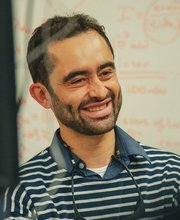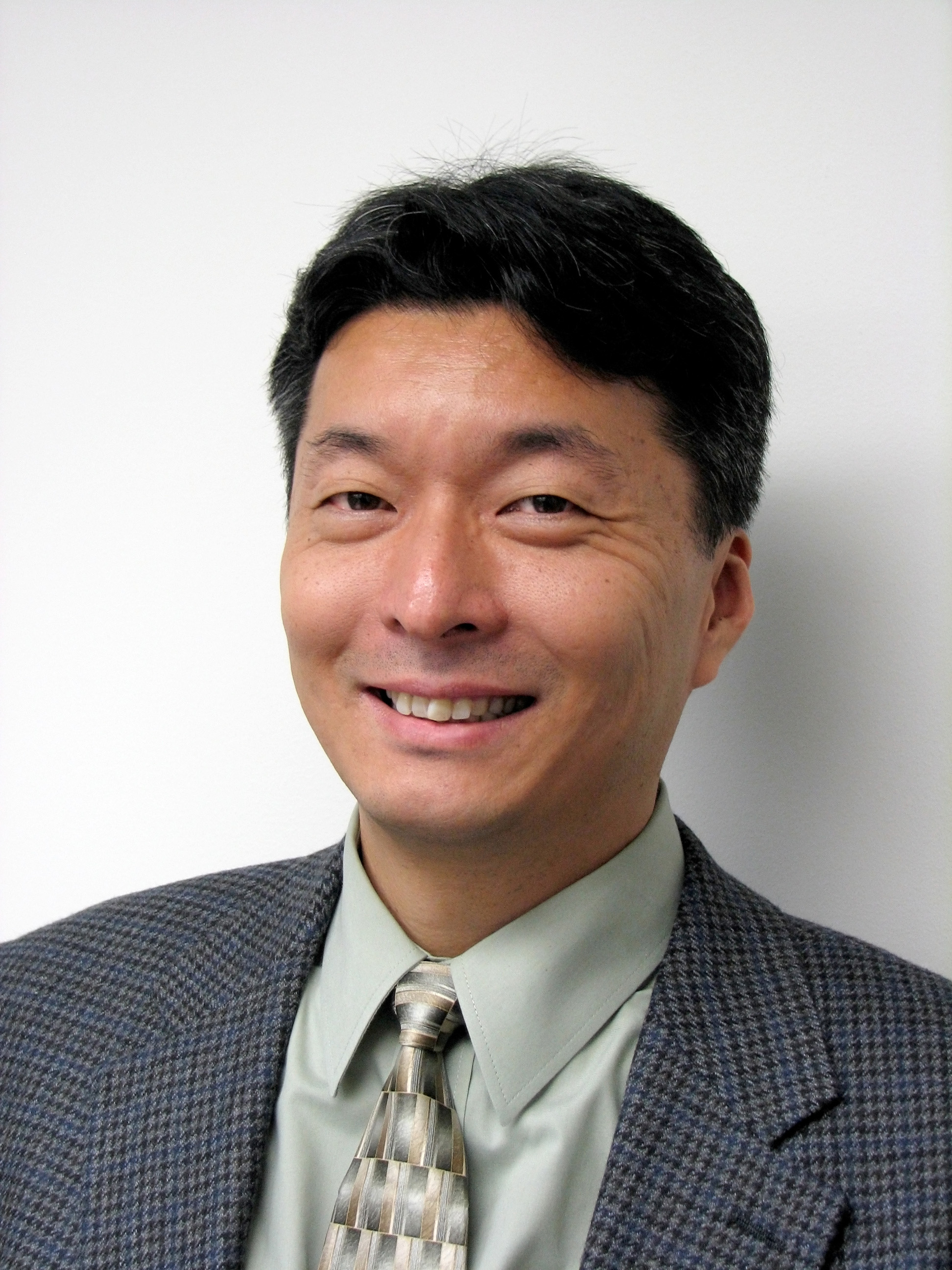Invitados SciMan 25
Image

En esta sección, te invitamos a descubrir a los expertos internacionales que estarán presentes en el SciMan 2025. Nuestro congreso contará con la participación de destacados científicos, investigadores y líderes de la innovación, quienes compartirán sus conocimientos y perspectivas sobre las áreas más vanguardistas de la ciencia. Nuestros invitados ofrecerán conferencias que no solo enriquecerán tu comprensión de la ciencia, sino que también inspirarán nuevas ideas y colaboraciones. Cada uno de ellos, con una trayectoria sobresaliente en su campo, es un referente de la investigación y el avance científico.
José D. Cojal González
José D. Cojal González completed his PhD in Experimental Physics at the Humboldt-Universität zu Berlin in 2018, where he studied the formation of 2D and 3D self-assembled (macro)molecular organizations and its structural, optical and electronic properties.

Milad Kamkar
Milad Kamkar is an Assistant Professor in the Department of Chemical Engineering at the University of Waterloo. His work is focused on structure property relationship of soft materials. During his PhD, professor Kamkar has made significant contributions to the understanding of the nano- and micro-structural features of polymeric systems (polymer nanocomposites, blends, solutions, hydrogels, etc.) via advanced linear and nonlinear rheological techniques. After his Ph.D., he worked on 3D printing and liquid-in-liquid printing of nanomaterials-based hydrogels/polymers/suspensions for electrical applications including fabrication of electromagnetic shields with complex geometries. His current research focuses on synthesis and additive manufacturing of sustainable (CNC, CNF, Chitin nanocrystal) and advanced materials (graphene, MXene, etc.).

Matthieu Ménager
Matthieu Ménager is a French archaeologist and archaeometrist who specializes in pre-Columbian cultural heritage. He applies physicochemical techniques to study the exchange of prestige goods like iron-ore mirrors and jade artifacts between Maya and Costa Rican cultures (300 BC-700 AD). As head of CEMCA's Central American branch, he coordinates the Iron Ore Mirror Network (REFLEJOS) and leads research projects on ancient pigment and varnish production. His work utilizes advanced analytical methods including X-ray fluorescence and electron microscopy to examine pre-Columbian ceramics from Guanacaste. Ménager's interdisciplinary research spans ancient trade networks and even extends to microbial studies in unique environments, effectively connecting traditional archaeology with modern scientific approaches to better understand Mesoamerican cultural history.
Carmen Munuera
Carmen Munuera is a prominent researcher at the Institute of Materials Science of Madrid (ICMM), specializing in the study and development of advanced materials with applications in nanotechnology, applied physics, and materials science. Her work focuses on the characterization and design of materials with innovative properties, ranging from metallic to ceramic materials, with a particular interest in their behavior at the microscopic and nanoscale. Her research aims to find technological applications in sectors such as electronics, biomedicine, and energy.

Esteban Rojas-Gatjens
Originally from Costa Rica, I did my undergraduate degree at Universidad de Costa Rica and then received my Ph.D. in chemistry from Georgia Institute of Technology. My work focused on characterizing the coherent and incoherent nonlinear dynamics in metal-halide semiconductors using ultrafast spectroscopy (e.g. 2D electronic spectroscopy). Now, I am interested in interrogating quantum phases in two-dimensional materials from a time-domain perspective.

Dr. Samuel Serna Otálvaro
Dr. Serna earned his degree in physics engineering from the National University of Colombia in 2010 and a double master’s degree in photonics from Friedrich-Schiller-University Jena and optics from the Institute d’Optique Graduate School Paris in 2013. He completed his PhD at the University of Paris Sud in 2016 and was a postdoctoral researcher at the Centre for Nanoscience and Nanotechnology and MIT, focusing on silicon photonics structures, third-order nonlinear susceptibilities, and hybrid devices for telecom and midIR functionalities. Since September 2019, he has been an Assistant Professor at BSU and is part of the LEAP network.

Ichiro Takeuchi
Ichiro Takeuchi is a prominent professor in the Department of Materials Science and Engineering at the University of Maryland (UMD), where he also serves as the interim chair since July 2024. He earned his PhD in physics from UMD in 1996 and joined the faculty in 1999. He is recognized for his pioneering work in combinatorial materials synthesis and its application in discovering new functional materials using artificial intelligence. His research spans areas such as elastocaloric cooling, superconducting devices, and automation in materials science. He has published over 300 peer-reviewed papers and is a distinguished member of organizations like the American Physical Society, the Japan Society of Applied Physics, and the Materials Research Society. In 2010, his invention of elastocaloric cooling was recognized as the Invention of the Year in Physical Sciences by UMD. He is also the director of Maryland Energy & Sensor Technologies, a startup dedicated to commercializing alternative cooling technologies.